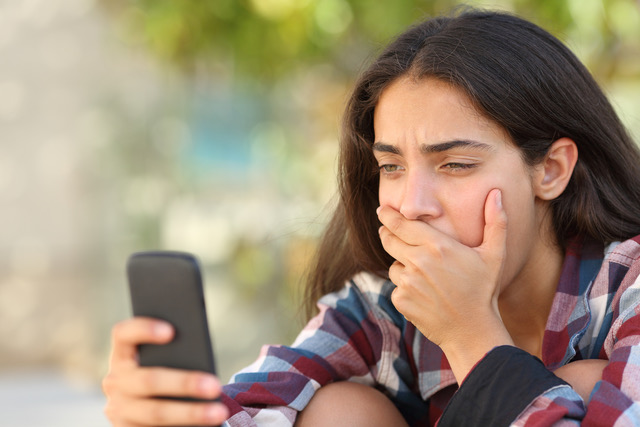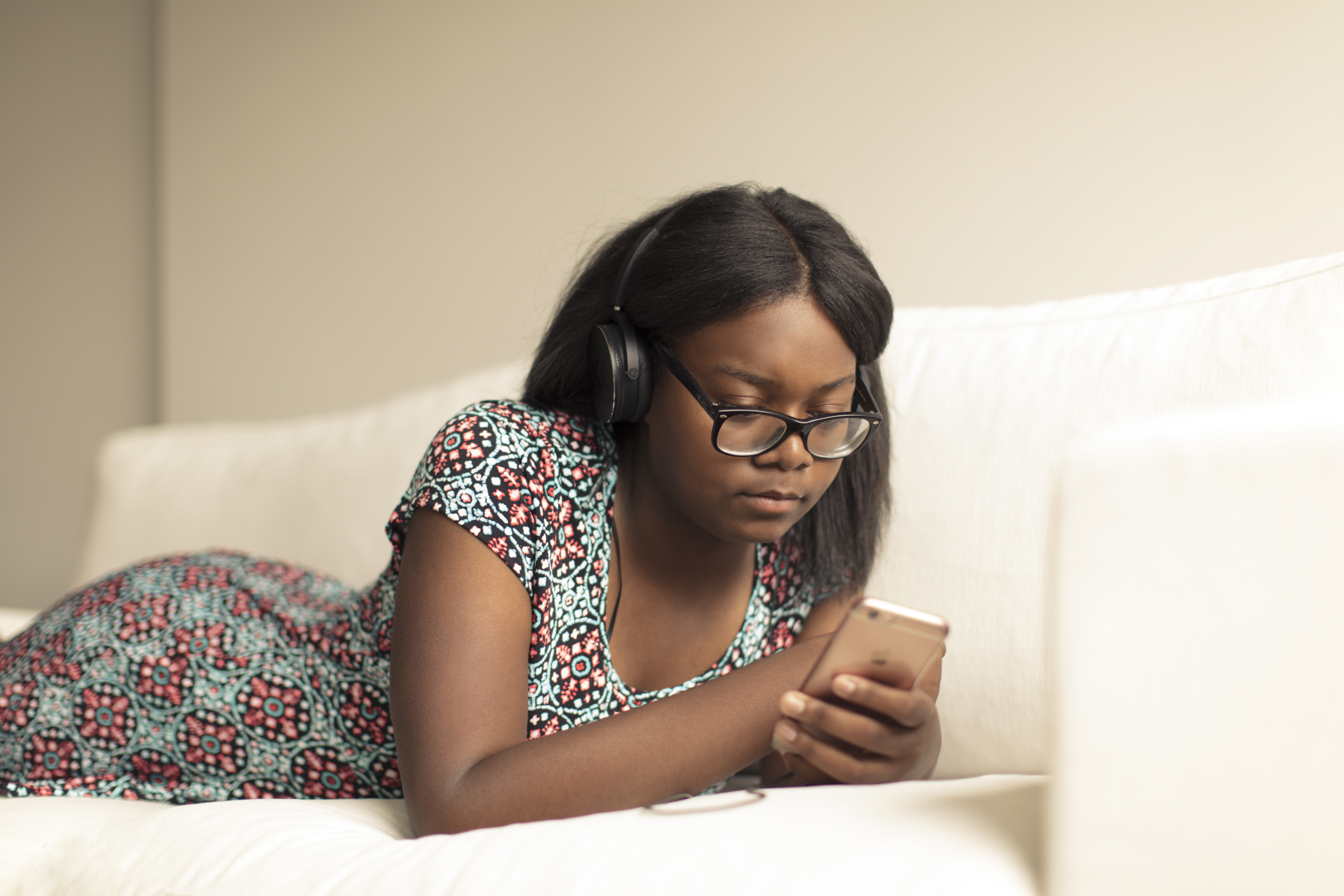Having friends online to share the good, the bad and the indifferent news has its pros and cons. The best part, if you ask me, is being connected to other people, having like-minded people to celebrate with or even to commiserate with during times of needs. Admittedly, however, I am not that comfortable with commiserating publicly, although it works a jewel for some people. I tend to send direct messages if for some reason I am unable to pick up the phone and call or see someone face-to-face. For me the going public with grief somehow strips away the walls of privacy I need to come to terms with the matter.
Managing feelings when something sad or tragic happens is complicated unto itself without adding the worry of having an audience. I sort of freeze up if you will and can’t process what I am feeling in the first little while and have found it futile to try to express anything sensible to share on or off line.
A few years ago when my sister called me and told me my father had been rushed to a prestigious hospital in Atlanta with very little promise, I reverted to childhood—stopped eating, talking, walking, doing anything. Paul had to call the airline, book a ticket, pack my suitcase and coax me to get up and get ready to get on that flight.
And when my mother died, I didn’t make a public announcement and didn’t want public condolences and to be sure I didn’t get them, I said a quiet word to a friend or two and presto my wishes were respected. Honestly, I felt no judgements there nor have I dished them out on the flipside. For friends and family who are comfy with grieving publicly, there is nothing wrong with that. It’s a personal preference.
Still according to Nicola Morgan, guest on UIO: Your Online Wellbeing Inside Out, hearing sad stories repeatedly, which we do online, whether they are in the news, are our own, or in the newsfeeds of our friends, can drive us down a bit. As human beings, we naturally sympathise and empathise with each other and take on each other’s sorrows. I know I do. And when the going gets tough, my mood swings downward, which not only impacts me but also those around me. Ask Paul!
Taking a tip from Nicola, I try to manage my intake of sad news, which is not always possible if it is happening directly. In that case, like people whose job involves dealing with sad stories all the time, such as therapists, clinicians, people working in war zones, I might consider a talking therapy of some kind.
But where I can control how much sad news I take in, I make an effort, as I did in the days of old before the internet. Then it was the television and the newspapers. I switched off or didn’t read, as simple as that. Of course, it made me a poor conversationalist at parties and so on but I was perhaps the happiest person there. Never mind being ignorant.
So whether you are happy to share sad news online or not or you tend to sponge it up, how to cope with it, manage it, applies to us all, young, old or in between. But as Nicola points out, sad news can have a bigger impact on the mood, emotional health of a more vulnerable person. And certainly when I was grieving the loss of my mom, I was in the vulnerable group and likely still am.
Anyhow, here are my top tips:
- For every sad news story, read an uplifting one. And in the time of grief, remember the good times.
- Offer private messages to friends and family when at all possible. There is something about a private moment that matters deeply. Recently I had the occasion to be there in person for some bereaved family friends that I grew up with and reconnecting offline did us all a world of good.
- And if you do share your sad news stories, don’t spend oodles of time focusing on the negative, pluck out the positives where possible.
- And finally, avoid checking to see who has responded and how many people have responded. It’s not a measure of how much people care. That’s personal.
But so is the preference for whether to mourn and grieve online or not. In any case, what matters most is that you protect your mental and emotional health. And that is truly personal. Take care!



